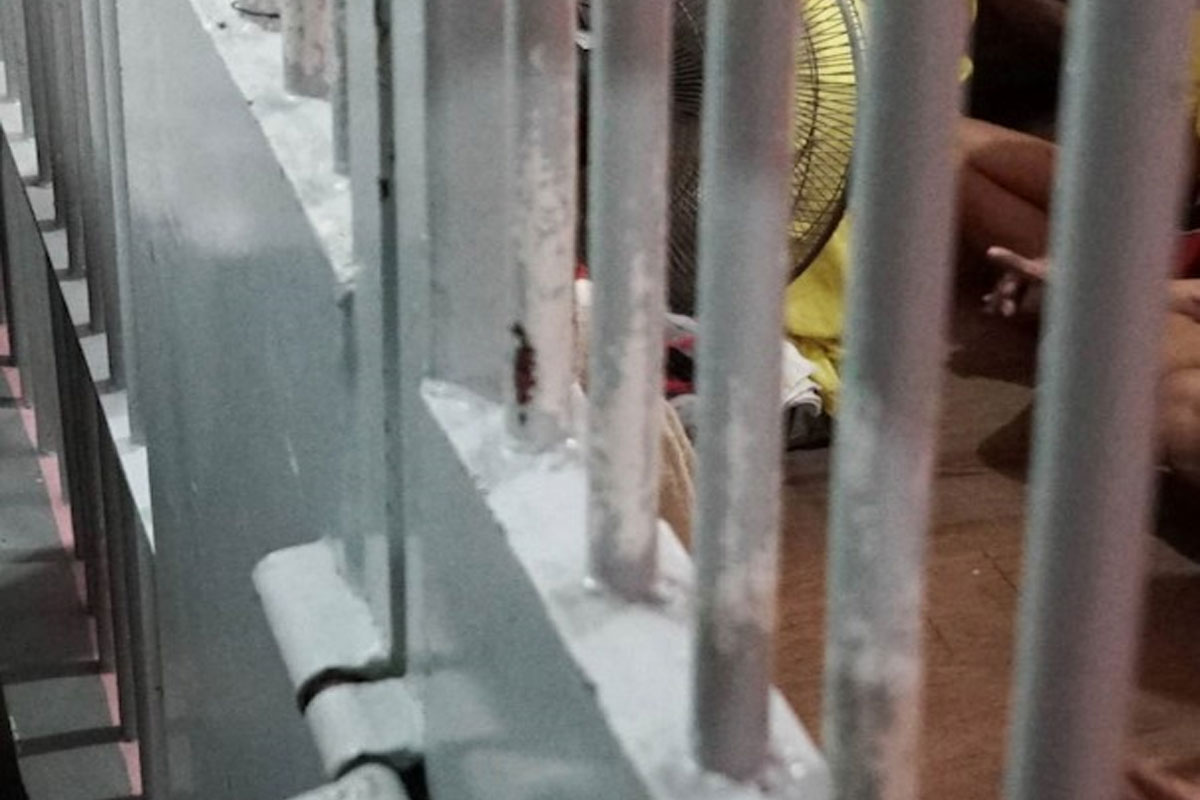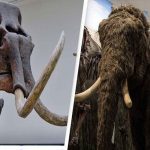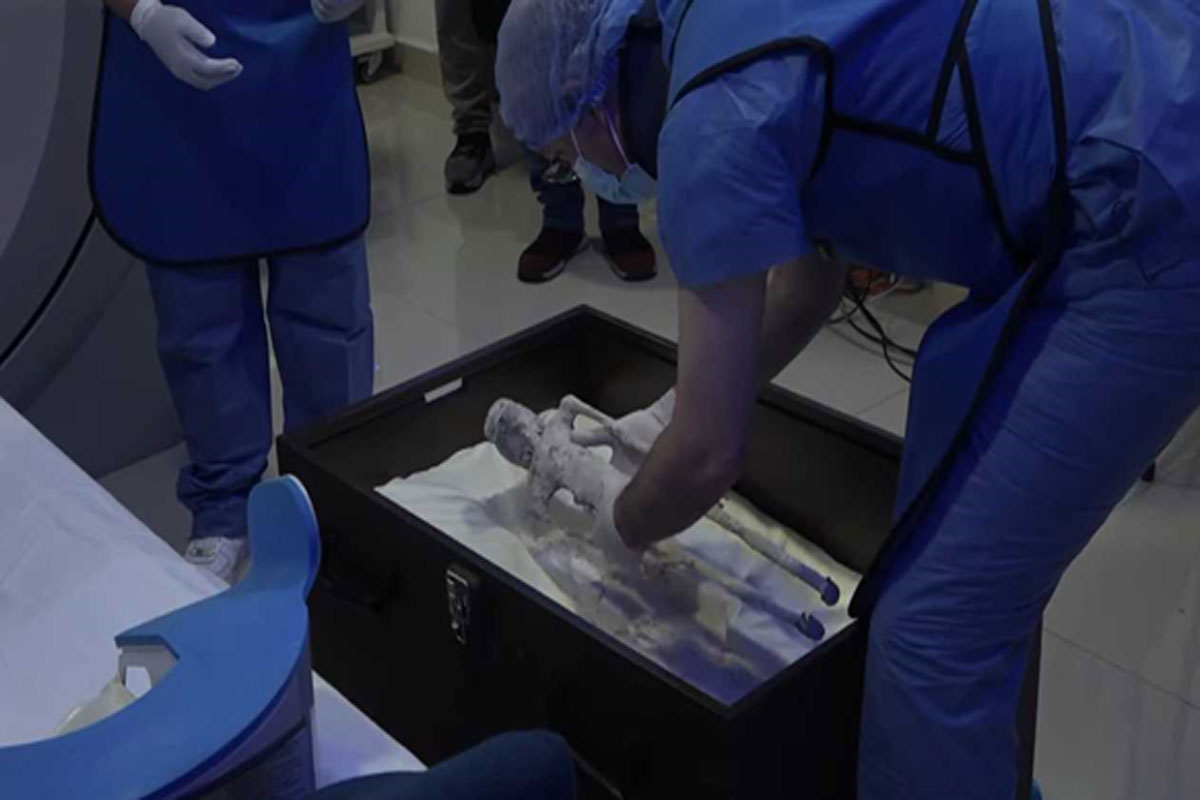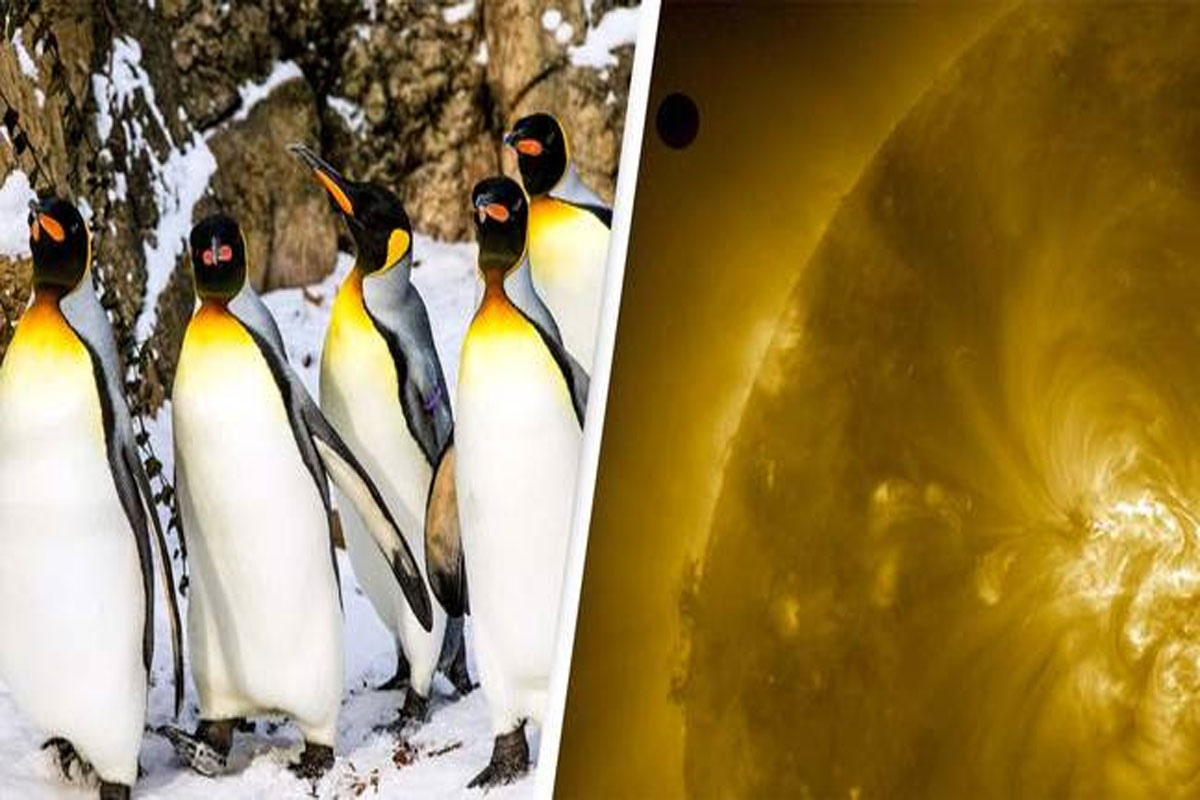
Scientists Believe ‘Penguins Could Be Aliens’ After Venus Chemical Discovery
by : Poppy Bilderbeck on : 13 Sep 2021 11:26
Penguins are Aliens? (PA) PA
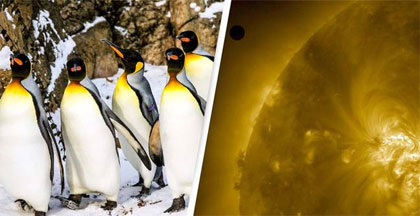 In one of several recent – and bizarre – scientific discoveries, scientists now believe penguins ‘could be aliens’.
In one of several recent – and bizarre – scientific discoveries, scientists now believe penguins ‘could be aliens’.
UK researchers subsequently believe that studying penguins could help them identify other living beings existing in other worlds.
The strange revelation came after traces of a chemical known as phosphine were found in the bird’s poo.
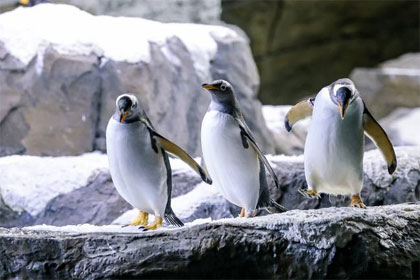 Gentoo penguins play at the Pairi Daiza zoo in Brugelette (PA Images)PA
Gentoo penguins play at the Pairi Daiza zoo in Brugelette (PA Images)PA
Experts have been left baffled due to not knowing how phosphine exists on Earth, as the chemical is located a whole 38 million miles away in Venus.
In order to find out how the penguin’s poo contained traces of the chemical, scientists are now planning to study the lifestyle of gentoo penguins, according to The Daily Star. The gentoo penguin is most common in the Falkland Islands.
Dr Dave Clements of Imperial College, London, told the Daily Star how scientists are ‘convinced’ that the finding of phosphine is ‘real’. However, he admitted they don’t know ‘what’s making it’.
He explained:
There are some anaerobic bacteria that produce phosphine. It’s found in pond slime and the guts of badgers and penguin guano.
It may be to do with defence or signaling against competing bacteria.
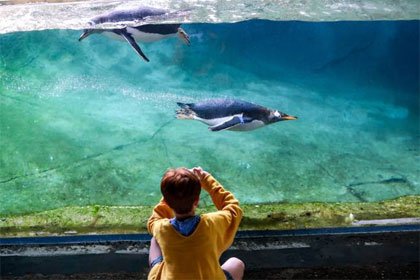 Penguins (PA Images)PA
Penguins (PA Images)PA
Last year, the gas which encompasses Venus was also found to have had traces of the chemical within – a surrounding of which is a similar atmosphere to Earth.
In other recent discoveries, scientists realised that when transporting rhinos, it is actually safer to move them when they’re upside-down. The revelation received an Ig Nobel prize, alongside another finding that beards could be an ‘evolutionary development to help protect men’s faces from punches’, according to The Week.
Scientists who analysed the ways in which cats communicate with humans also received an award
unilad.co.uk














